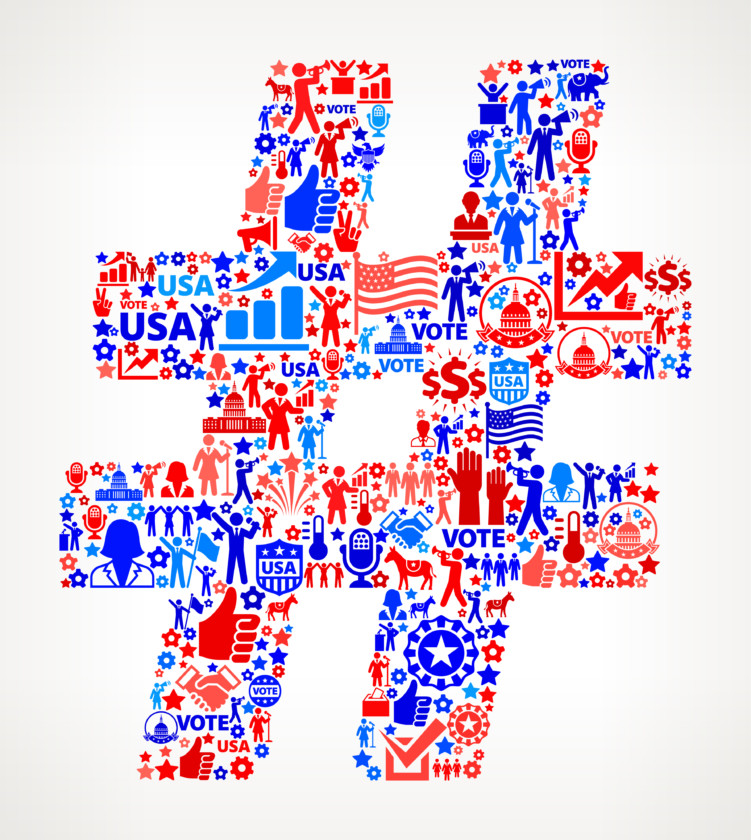This election has been one of the most volatile elections in American history. First, we have the candidates waging war on each other, with no holds barred. From vitriolic ad campaigns to the digging up of old grievances, Clinton and Trump have metaphorically torn each other limb from limb. Second, voters have been fueling the fire by holding a running commentary on every social platform imaginable, from the line at McDonalds to the front page of the New York Times.
Of course, this is partially to be expected, due to the strong personalities of the candidates along with their concrete adherence to their conflicting parties. However, with its massive sway on modern culture, one of the greatest factors in this intense campaign is undoubtedly social media. In an article entitled ‘What did Americans learn about themselves in Campaign 2016?’, Chuck Raasch give his view on the role of social media in our present election:
The impact of speed-of-light communications on American politics cannot be overstated: None of these elements — email, social media, the WikiLeaks counter-culture — even existed when Clinton’s husband was elected president 24 years ago.
“The natural state of things is to pull people into silos, to separate,” said Roy Temple, chairman of the Missouri Democratic Party. “I think it requires a conscious effort to restore the sense of a common good and get people to refocus on the values that we share and the things we can work toward. It was always hard (before social media). It has gotten even harder.
Raasch is totally correct. Social media has not only given the candidates outlets to voice their complaints about each other, but it has also fostered an environment of separation and malcontent. Between WikiLeaks, Twitter, and other forms of modern technology, candidates are more vulnerable than ever. Every minor flaw is open to public knowledge and dispute from their professional life down to the intimate details of their personal convictions. He points out Trump’s ability to undermine Clinton’ campaign, for instance:
Trump’s “Crooked Hillary” 140-letter attacks incited those who have long disliked and mistrusted her. When damaging information from her long public career came out — WikiLeaks’ stolen email dumps and FBI director James Comey’s bombshell announcement that the agency was taking a fresh look at emails while she was Secretary of State — the conversation turned even more afield from issues that worry and interest Americans. The final hours were roiled even further Sunday with Comey’s announcement that the FBI would not prosecute Clinton based on the new emails.
The election is definitely a rough race to the finish, with social media intensifying it even further. Despite the negative way in which social media was used in this election, it has the power to act as a unifying force throughout our country and even our world. It is our hope that in the near future and post-election, our politicians can come to this realization, and employ their various channels of the social network to bring our fellow citizens together.


